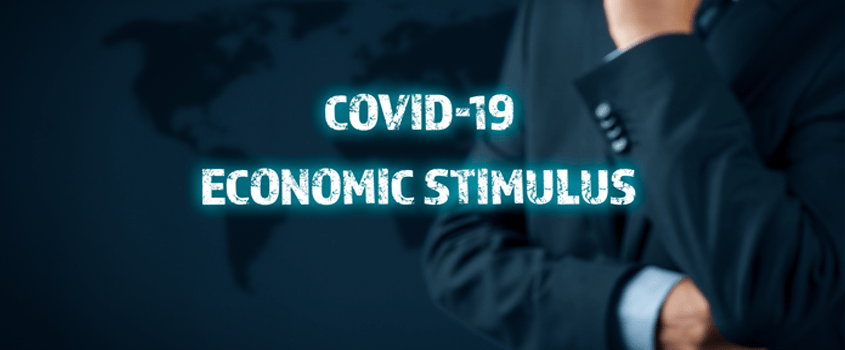republic onboarding
Internet Banking
-
Savings & Chequing
-
Savings Accounts
Growing up with a plan for tomorrow
For youths between the ages 13 to 19 years
Shape your future
Helps you to build your nest egg
Saves you time and money
The wise investment instrument
Earn more on your Foreign Accounts
Chequing Accounts
Bank FREE, easy and convenient
A world of convenience and flexibity
Invest and enjoy the best of both worlds
A value package designed for persons 60 +
Life Stage Packages
Banking on your terms
Getting married?
Tools & Guides
Make an informed decision using our calculators
Help choose the account that’s right for you
All Our Cheques Have A New Look!
-
-
Electronic Banking
-
EBS Products
Open a deposit account online
Pay bills and manage your accounts easily
Banking on the Go!
Welcome to the Cashless Experience
Top up your phone/friend’s phone or pay utility bills for FREE!
EBS Products
Make secure deposits and bill payments
Access your accounts easily and securely with the convenience of Chip and PIN technology and contactless transactions.
Access cash and manage your money
Where your change adds up
-
-
Credit cards
-
Credit Cards
Credit Cards
Additional Information
-
-
Prepaid Cards
-
Pre-paid Cards
-
-
Loans
-
overview
To take you through each stage of life, as we aim to assist you with the funds you need for the things you want to do
We make it easy to acquire financial assistance for tertiary education through the Higher Education Loan Programme
We make it easy, quick and affordable to buy the car of your dreams
Tools & Guides
Helps you determine the loan amount that you can afford
You can calculate your business’ potential borrowing repayments
Republic Bank's Group Life Insurance will provide relief to your family by repaying your outstanding mortgage, retail or credit card balance in the event of death or disablement.
-
-
Mortgages
-
Mortgage Centre
Republic Bank Limited can make your dream of a new home a quick and affordable reality
New Customers
Block for MM- new user mortgage process
There are three stages you must complete before owning your first home
Tools & Guides
block for MM - personal - mortgages
-
-
Investments
-
Investment Products
-
Economics of pandemics – Fiscal policy
You are here
Home / Economics of pandemics – Fiscal policy
The COVID-19 pandemic can be described as a twin crisis: a global health emergency and a global economic collapse. This unusual characteristic of the crisis, a mixture between epidemiology and economics, makes the problem a challenging one. While saving lives is indeed the utmost priority of all countries, at the same time, the stake cannot be higher for economists to get policy measures right as the duration of economic duress is directly correlated to the developments of the pandemic.
The global shocks resulted in simultaneous disruptions to both supply and demand in the world economy. On the supply side, disruptions occurred due to infections reducing labour supply and productivity, while lockdowns halted business activity and eventually led to some business closures. On the demand side, unemployment and the loss of income reduced household consumption which worsened economic prospects.
One of the major schools of economics, Keynesian Economics advocates for government intervention to stabilize an economy. Keynesians believe that consumer demand is the primary driving force in an economy, thereby supporting expansionary fiscal policy measures to moderate booms and bust in the economy. According to the International Monetary Fund (IMF), “Fiscal policy is the use of government spending and taxation to influence the economy.”
But, should fiscal policy be geared towards helping those who are directly affected or implement measures to increase aggregate demand? In other words, should policy measures be aimed at an individual level rather than a broad macro-economic stimulus?
In my opinion, the objectives of any fiscal policy response to the pandemic should fall under the following categories: (a) to deal with the health crisis, (b) to support individuals at the household level, (c) to bolster business activity, and (d) supporting aggregate demand. The World Bank acknowledged that countries around the world did in-fact adopt a wide range of fiscal measures to provide financial support to businesses and households, and to improve the capacity of the health sector in response to the pandemic.
According to the IMF, some key fiscal policy responses implemented by Trinidad and Tobago as of June 30, 2021 are as follows:
“The fiscal package of March 23, 2020 included (i) salary relief for up to 3 months to workers who are temporarily unemployed or have reduced income; (ii) VAT and income tax refunds to individuals and SMEs; (iii) liquidity support to individuals and small businesses via credit union loans at reduced interest rates and long repayment periods; (iv) grants to hoteliers to upgrade of their facilities; (v) food, rental and income support for low-income vulnerable groups; and (vi) import duty and VAT waivers on imports of certain medical and emergency supplies.
On October 5, the Ministry of Finance announced an extension to December 2020 of salary relief and income support grants for workers in the creative and cultural industries.”
While the policies implemented thus far have provided some relief, policy makers will continue to face difficult decisions even with the rollout of vaccines. The health and economic crisis is far from over, therefore fiscal policy instruments in tandem with other measure will remain critical to negate the pandemic effects and support economic recovery.
COMPANY INFORMATION
Banking Segments
Press & Media
Contact Us
© 2026 Republic Bank Limited. All Rights reserved.







 Richard Sammy
Richard Sammy
